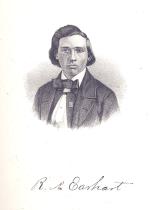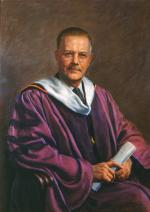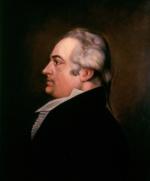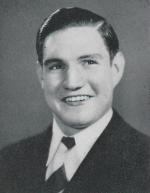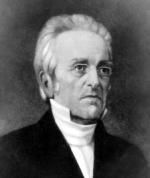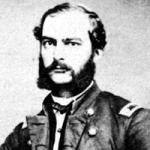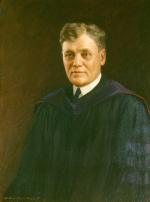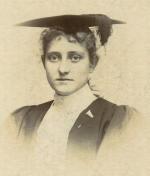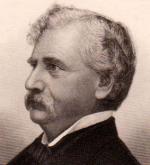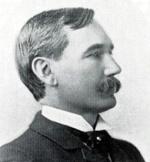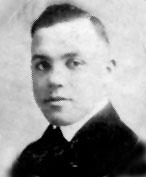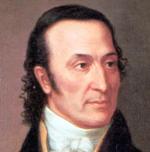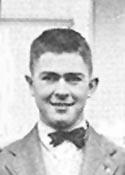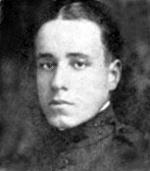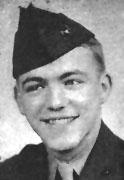Joseph Dysart (1820-1893)
Joseph Dysart was born on July 8, 1820 on the family farm, Eden Hill, in Huntingdon County, Pennsylvania, one of three sons of James and Jane Dysart. His family hired a tutor who introduced him to the classics and then he attended the early public schools of the county. When nineteen, he traveled to Iowa for the land sales that were expected in October 1839. When these sales were postponed he and a friend returned home on foot, covering an average of forty miles a day. Soon after, he entered Dickinson's Preparatory School and then the College in the class of 1845. He was an exemplary student, was elected as a member of the Union Philosophical Society, and on graduation with his class gave the valedictory speech. Following his degree, he became principal of the Hillsboro Male Academy on Maryland’s Eastern Shore. Falling ill, he left Hillsboro in 1847 and took up teaching in Mississippi, first as a private tutor and than as principal of the Aberdeen Male Academy in Aberdeen, Mississippi between 1851 and 1853. In his spare time, he studied law and passed the Mississippi bar. He then traveled to Lee County in Illinois where he owned land and took up farming. Selling up to the railroad at a healthy profit, he moved on once again in April 1856 to the town of Vinton in Benton County, Iowa.

